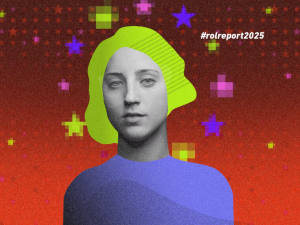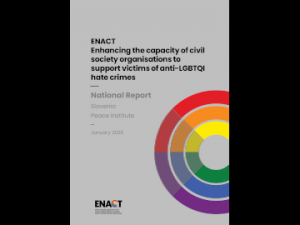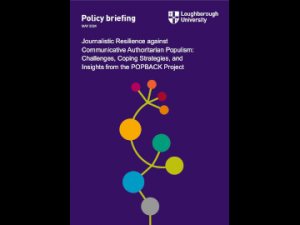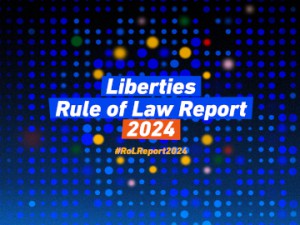Hateful narratives in online media and online communication in Slovenia
4. 12. 2020 | Media
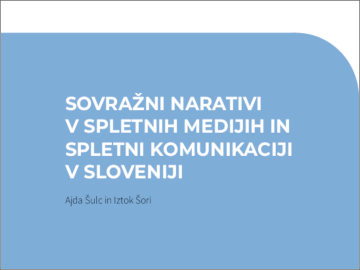
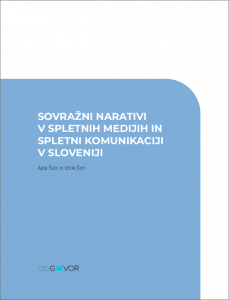 In the report Hateful narratives in online media and online communication in Slovenia, we present the main findings of the hate narratives analysis based on the common methodology developed within the regional project, in which the research is simultaneously conducted also in Croatia and Serbia.
In the report Hateful narratives in online media and online communication in Slovenia, we present the main findings of the hate narratives analysis based on the common methodology developed within the regional project, in which the research is simultaneously conducted also in Croatia and Serbia.
We identified four target groups that are particularly exposed to online hate in Slovenia: refugees, political opponents to the government, journalists and the LGBTQ community. By surveying the happenings in a given time frame (from June 2019 until June 2020), we additionally identified specific events that triggered a large number of hostile responses from online users against these targets. Hate narratives for all four groups are designed to portray otherness as a threat to society, often supported with disinformation, offensive generalization and stereotyping of target groups to justify hate against them.
At the end of the report, we present some suggestions for acting against hate speech in Slovenia. Identified good practices are listed and briefly described, and recommendations for policy and other actions of various actors for limiting and countering hate speech are given.
The research is result of the project “Behave – SEE Beyond Hate: Learning and Acting to Counter Hate Speech Online in South East Europe“, coordinated by the Peace Institute, Ljubljana, in cooperation with partner organizations University of Ljubljana (Faculty of Social Sciences ), Center for Peace Studies, Zagreb, and Novi Sad School of Journalism, Novi Sad. The project is funded by the European Union under the Justice Program and the Rights, Equality and Citizenship Program.
We are conducting a similar study in the project ” Resilience: Civil Society for Media Free of Hate and Disinformation“, in which nine partners from the Western Balkans (Albania, Bosnia and Herzegovina, Kosovo, Montenegro, Northern Macedonia, Serbia) and Turkey.

